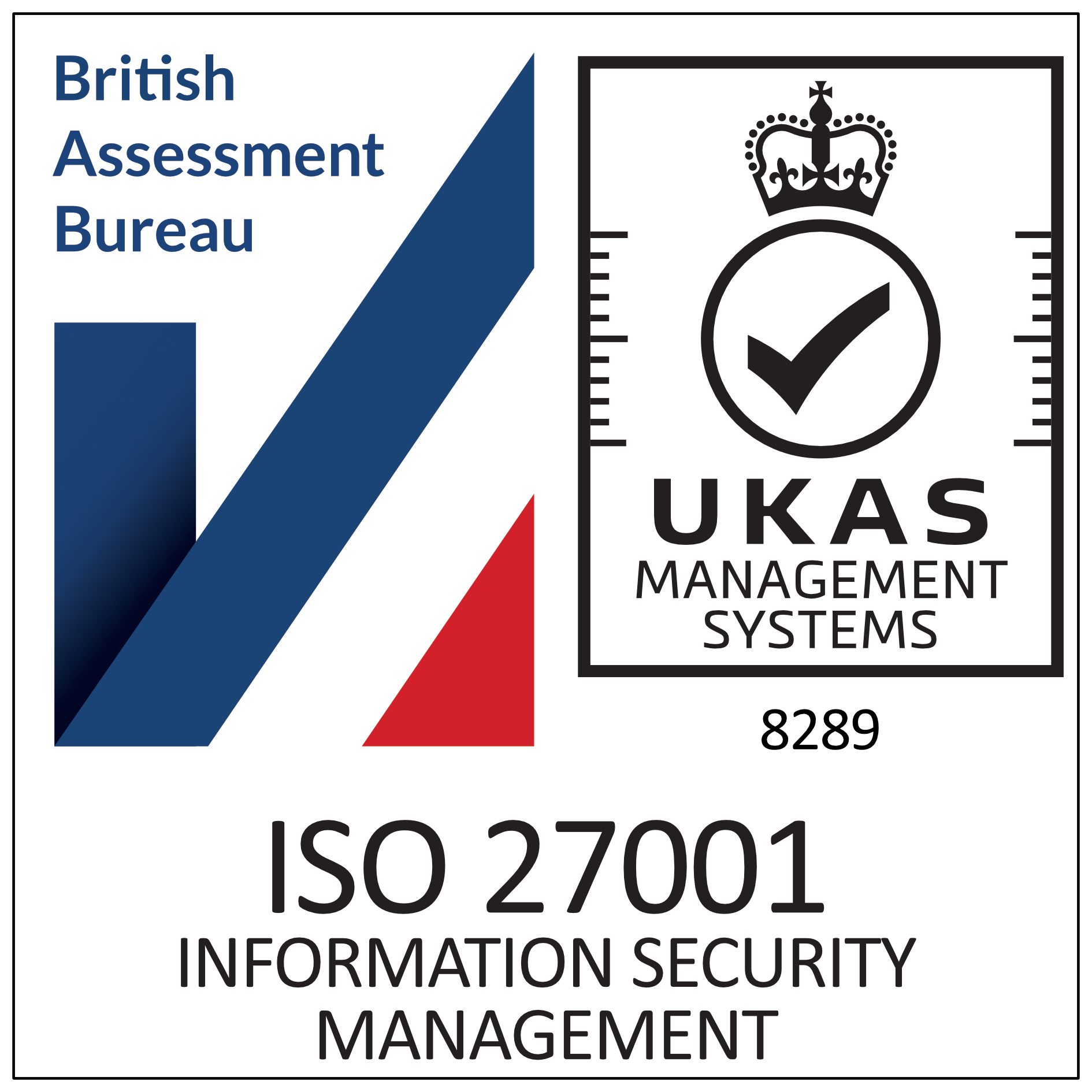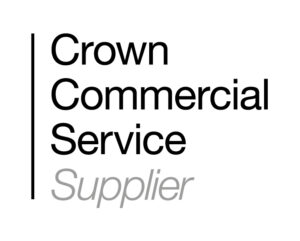I ASKED an AI How It Would Solve the NHS Workforce Crisis – Surprising Results?
I ASKED an AI How It Would Solve the NHS Workforce Crisis – Surprising Results?

The NHS is facing a workforce crisis. Shortages of clinical staff coupled with budget constraints have left many trusts struggling to meet surging patient demand. Waiting times lengthen while provider burnout rises. Radical solutions are essential to transform care delivery with limited resources. Could AI chatbots and other ‘crazy’ innovations provide a lifeline?
So I asked the AI to come up with some unique solutions that did not just regurgitate the suggestions found in things like the NHS Long Term Workforce Plan or other similar publications. I would like to be clear these are not my suggestions, I asked the question and this was the result.
The Scale of the Crisis
NHS England estimates the healthcare system could face a shortage of 250,000 staff by 2030. Nurses, doctors, paramedics and other professionals are already overstretched in many regions. A 2022 NHS survey found 60% of trust leaders fear shortages threaten patient safety. Burnout affects over 30% of personnel, harming retention. Long waiting times are at record levels. Without innovation, access and quality will crumble.
Could AI Chatbots Move the Needle?
AI-powered chatbots, equipped with advanced natural language processing capabilities, have the potential to revolutionise patient care in the NHS. They can triage conditions, respond to health-related queries, and even schedule appointments. By serving as the first point of contact for many routine inquiries, these chatbots can reduce the workload on healthcare professionals. Preliminary data from several initiatives suggests that a significant proportion of user needs can be fully addressed through these automated systems. As a result, by integrating chatbots into their service model, the NHS could greatly expand its capacity and streamline its operations.
Out-of-the-Box Ways Chatbots Could Transform the NHS
Rather than just replicating traditional models, truly innovative applications of AI chatbots could revolutionise how limited NHS resources are leveraged:
1. Patient Navigation and Self-Service
Bots could guide patients through healthcare systems and provide self-service options for tasks like prescription refills, appointment scheduling, test prep and more. Patients get quick assistance while provider workload shrinks.
2. Frontline Triaging and Advice in Community Settings
AI chatbots could be made available in pharmacies, schools, libraries, etc. to offer health guidance or determine if in-person care is advised. This early intervention keeps small problems from becoming emergencies.
3. Administrative Workflow Support
Virtual assistants could automate time-consuming paperwork, data entry, scheduling and documentation to free up human staff. AI also assists with analysis of population health data to improve care planning.
4. Staff Training and Knowledge Sharing
Chatbots could rapidly deliver on-demand training and leverage data analytics to match staff with optimal learning resources. They facilitate organisational knowledge sharing, amplifying expertise.
5. Real-Time Clinical Decision Support
In limited situations, AI assistants could provide clinicians with relevant research/guidelines during care delivery to enhance safety and efficiency. But human judgement remains paramount.
Thinking Even Bigger – More Radical Workforce Innovations
Truly revolutionary thinking is required to tackle the overwhelming challenges today. Here are a few ‘crazy’ ideas that just might work:
- Rapid skills training to quickly upskill volunteers and non-clinical staff to handle routine care during surges
- 24/7 operating hours with rotational shifts to maximise infrastructure use around the clock
- Telehealth expansion so all appropriate appointments can be conducted virtually, reaching more patients
- Automated admin support using AI to handle documentation, billing, scheduling, freeing up human efforts
- Apprenticeship programs partnering with schools to “grow your own” talent in nursing, tech roles
- Incentives like subsidised housing or childcare to boost employee recruitment/retention
- Community para-clinicians to manage non-urgent needs and social factors impacting health
- Self-service kiosks for check-in, wayfinding, prescription management to automate basic tasks
Thinking big and creatively could help transform care delivery. While risks exist, the scale of the workforce crisis requires we consider options once seen as impossible.
A Call to Innovation
To overcome debilitating personnel shortages and relentless demand, the NHS must embrace pioneering solutions – both high-tech like AI and low-tech like apprenticeships. With strategic innovation and calculated risk-taking, the healthcare workforce crisis can be curtailed. Doing so will require determination to upend traditional models and focus relentlessly on expanding access and capacity. The stakes could not be higher – the future of affordable, high-quality care for all hangs in the balance. The time for bold action is now.
Although I will not comment on the suggestions, I do promote the idea that we need innovative ideas for changing times.
Recent Articles

Registered address
SARD JV Limited
Unit 76, Innovation Centre
University Road, Canterbury
CT2 7FG
A joint venture with Oxleas NHS Foundation Trust.
Registered in England and Wales with company number 07916735. VAT No. 131901840
Designed and built By Tweak Marketing
Privacy Policy





